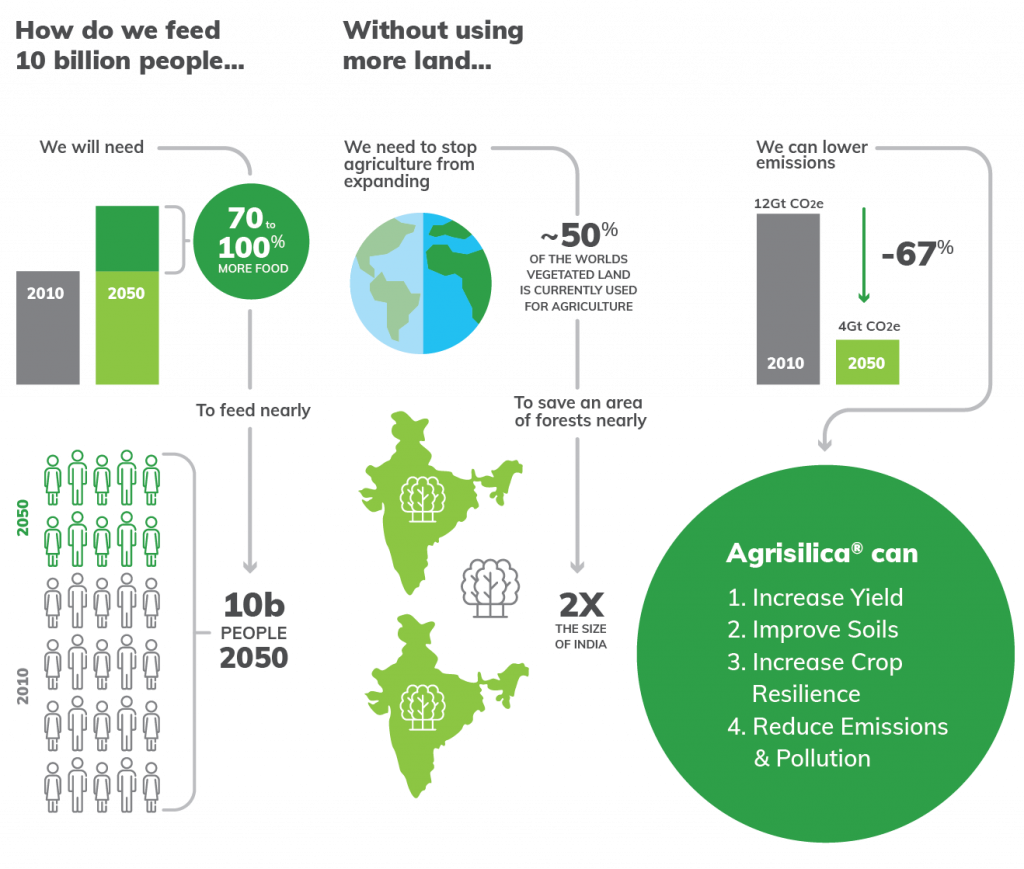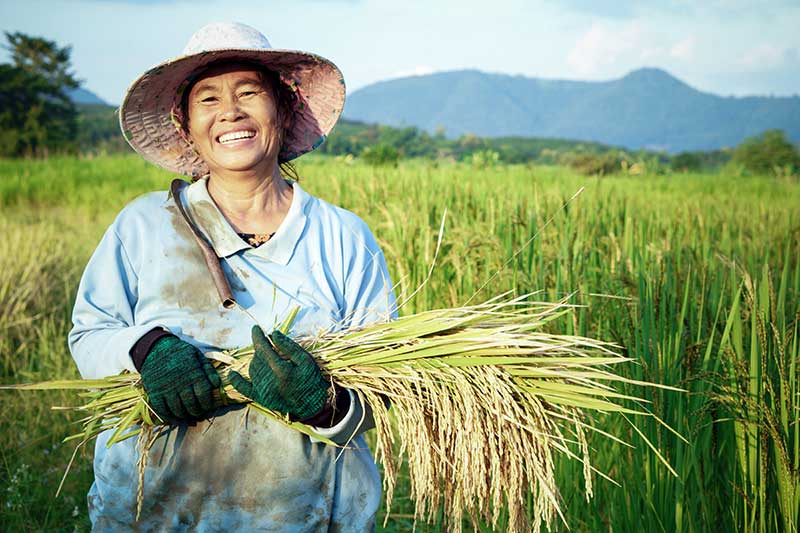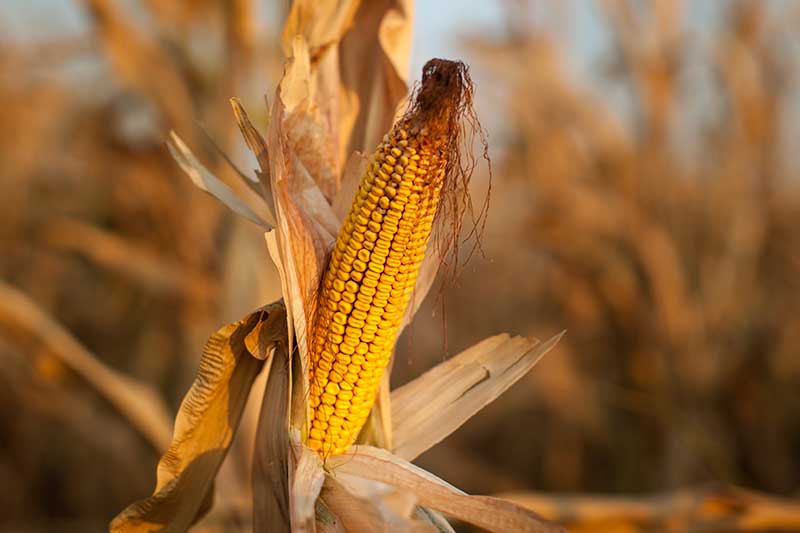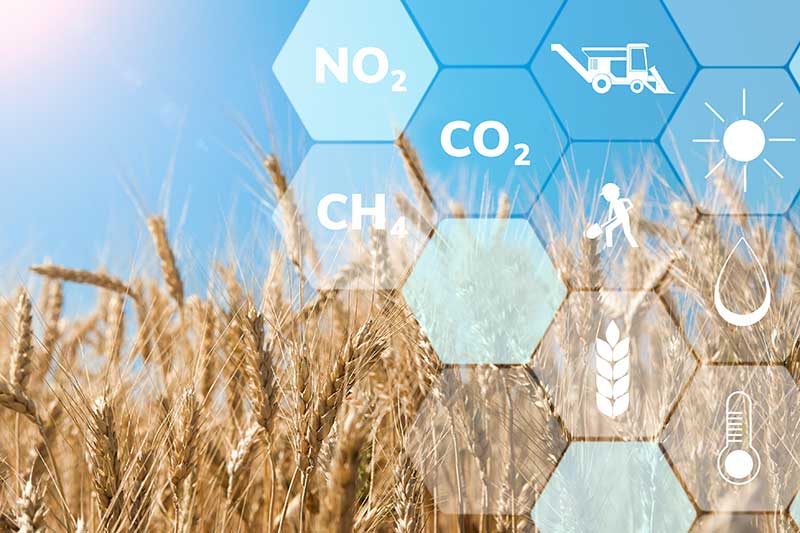Sustainable Intensification
Farmers are at the frontline of climate change
Agriculture is asking itself daily how to feed our world while nourishing and nurturing our planet. How can we help our farmers?

Climate Smart Agriculture (CSA)
Agripower’s aim is to help farmers achieve their goals faster and better with our transformative range of silicon fertilisers
Agriculture faces three inter-related challenges if it is to produce more with less:
- food security through increased productivity and affordability
- resilience to climatic conditions through adapting and responding
- mitigating environmental impact
Fertiliser management is critical to how successfully farmers can meet these challenges. Not much has changed in 90 years.
Until now.
Fertiliser Management
Fertiliser management is integral to the big ‘3’ challenges to achieving CSA
Productivity
Intensify production levels to sustainably deliver food security, animal feed, fibre and food safety.
Resilience
Reduce crop vulnerability to abiotic and biotic stresses without toxic chemicals.
Emissions
Identify and implement solutions to reducing emissions caused by agricultural production.

Agriculture needs to do more, with less
Agrisilica®, with its high level of plant available silicon, brings the science of silicon to the global quest for more sustainable agriculture.

Increasing Food Security
- Increases crop tonnage per hectare
- Produces up to 120% yield increase
- Increases crop size, appearance, weight
- Increases crop quality leading to better transport,
storage and shelf life - Improves grower returns by as much as 40%
= Higher yield
= Higher quality
= Higher revenue

Reducing Crop Losses from Stress
- Increases plant strength and health by improving tolerance to biotic and abiotic stresses
- Increases crop epidermal layer strength making it less palatable to herbivorous pests
- Increases plant cell strength throughout which prevents lodging
- Stimulates antioxidant enzyme production
- Reduces plant transpiration (water loss)
= More food to market
= Improved grower revenue

Increasing Food Safety
- Reduces plant uptake of certain toxic heavy metals by ‘immobilisation’ in soil e.g. cadmium and arsenic
- Reduced translocation of some heavy metals from
roots to shoots - Can reduce reliance on pesticide usage
- Reduces the chance of food spoilage (e.g. fungal
toxins developing)
= Premium crops
= Reduced grower/consumer toxicity exposure

Reducing Land Use & Soil Exhaustion
- Produces higher yield on same land reducing need for land clearing/deforestation
- Increases soil organic carbon
- Increases soil moisture
- Increases soil aeration
- Increases soil biodiversity
- Improves soil texture/structure
= Improved productivity
= Reduced overheads

Protecting Ecosystems
- Reduces fertiliser leaching & run-off pollution into waterways, rivers & marine environments via improved uptake of chemical fertilisers; assists in mitigating eutrophication
- Increases soil biodiversity
- Can reduce reliance on pesticide usage
- 100% safe for pollinators
- 100% safe for marine life
= Safeguards natural environments
= Species protection

Reducing Emissions
- Increases uptake of fertilisers
- Increases nitrogen fixation – reduces N2O emissions
- Promotes ammonium assimilation – reduces N2O emissions
- Reduces combined global warming potentials (GWP) of CH4 & N2O in rice production
- Alters denitrification – reduces N2O emissions
- Increases photosynthesis (uptake and utilisation by plant of CO2 ) – clean oxygen returned to atmosphere
= Increased yield
= Lower environmental impact
Agripower and the UN's SDG's
Agricultural growth is an essential complement to growth
in other sectors (DFID 2005). By helping farmers, who in turn help their communities and wider regions, Agripower is contributing to a number of the UN’s SDG’s. Agripower’s products, vision, mission and goals align with, and support, the United Nations SDG’s (Sustainable Development Goals).
Agriculture is a global business
From the farmer in the field, to fertilisers, feed and seeds to the rise of agri-tech, the global food system is highly complex and interconnected. Aware of our responsibility to farmers, consumers and investors, Agripower is mindful that through our products we play a significant role in the food chain and to the future of sustainable, climate smart agriculture.














